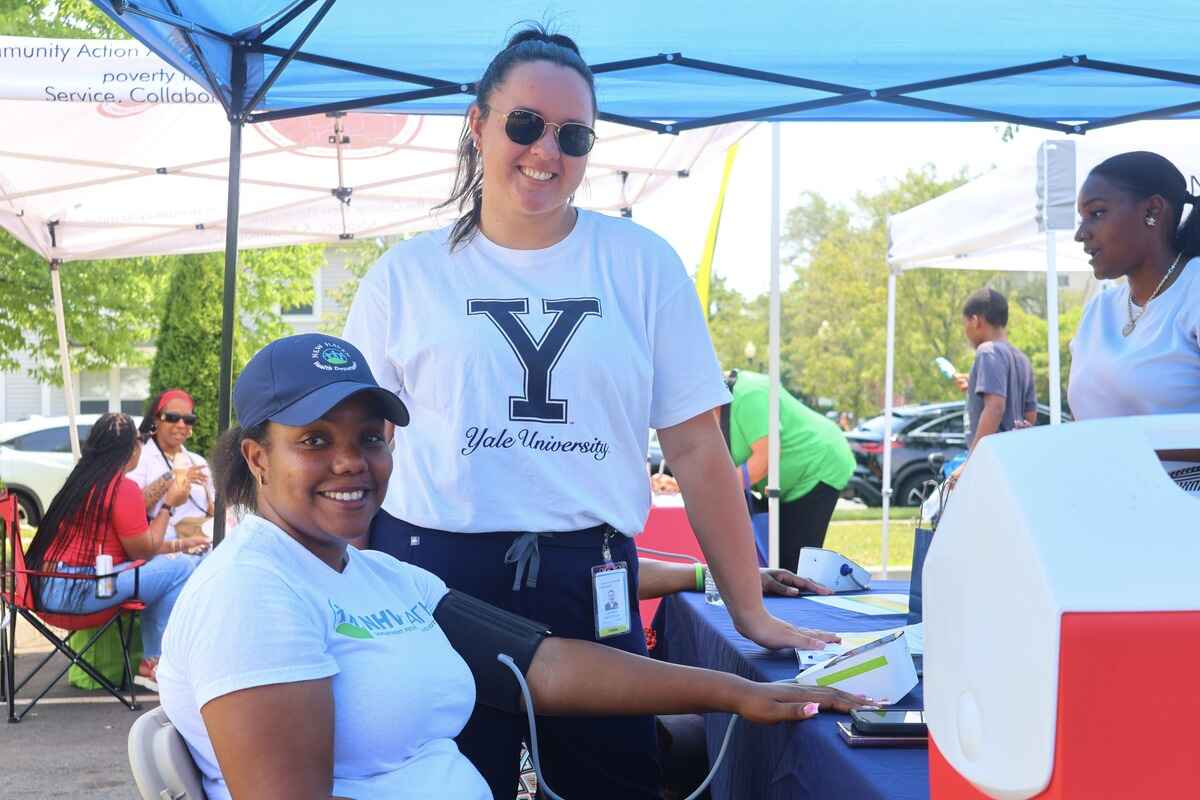Family history is a key component to everyone’s overall health. Some patients with a strong familial link to certain heart conditions may want to consider genetic testing. The discovery of a specific gene mutation may guide future treatments and can help other family members make decisions about their own care.
Arya Mani, MD, FACC, FAHA, director of the Yale Medicine Cardiovascular Genetics Program, also part of the Yale New Haven Hospital Heart and Vascular Center, says certain cardiovascular diseases are significantly impacted by genes. These conditions range from coronary artery disease all the way to cardiomyopathies and cardiac rhythm disorders.
“Some of these mutations cause more severe disease and are more deadly. So, identifying which gene caused that arrhythmia for example can matter for the treatment of the patient,” Dr. Mani said.
Who is eligible for genetic testing?
Most genetic testing for cardiovascular conditions is done for two reasons. The first is to help determine a patient’s prognosis. If a patient presents for a specific heart condition and testing finds the patient has a mutation that puts them at high risk, their clinician can intensify their therapy or use specific treatments to prevent an adverse cardiovascular event.
The second reason is to help identify genetic links amongst family members. Patients with highly inheritable conditions such as long QT syndrome and arrhythmogenic cardiomyopathy have an almost 50% chance of passing that same condition to their children. At the Heart and Vascular Center Cardiovascular Genetics Program where Dr. Mani performs genetic testing, any patient who discovers a concerning gene or mutation can have their immediate family members tested too.
How does genetic testing work for heart conditions?
The process to conduct genetic testing for heart conditions is relatively simple. All that is needed is a DNA sample which used to require blood but now can be done using saliva. Based on the patient’s family history, their sample is run through specific gene panels and analyzed by geneticists.
If nothing is found, the Cardiovascular Genetics Program will perform a whole exome sequencing that screens the entire genome to try and identify a gene that has never been shown to cause a disease, which is then considered a novel mutation.
Once genetic testing is complete, the patient is seen by genetic counselors for screening of the extended family and the affected individuals are referred to the appropriate specialist for any follow up care that may be needed.
Can patients order their own panel online?
Dr. Mani warns not all genetic testing panels are the same. His team tests for specific heart conditions and not all mutations are cause for concern.
“All of us have thousands and thousands of mutations. Fortunately, the majority are harmless or at least don’t cause disease,” Dr. Mani said.
Therefore, ordering your own genetic test online may turn up a result that could be confusing without the help of a geneticist and a counselor to do the appropriate analysis.
Despite the potential drawbacks of online testing, Dr. Mani is encouraged by patients’ growing interest in genetics. Primary care clinicians and cardiologists often make referrals to the Cardiovascular Genetics Program, but Dr. Mani says a growing number of patients are reaching out themselves.
Learn more about genetic testing at the Heart and Vascular Center Cardiovascular Genetics Program.



